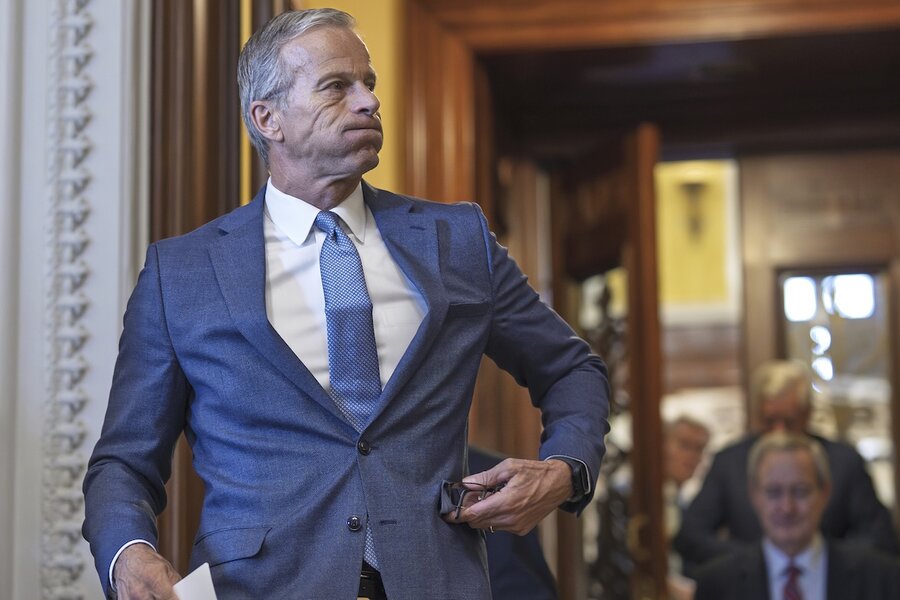Now Reading: US Expands Detention Centers as ‘Alligator Alcatraz’ Opens
-
01
US Expands Detention Centers as ‘Alligator Alcatraz’ Opens
US Expands Detention Centers as ‘Alligator Alcatraz’ Opens

Fast Summary
- Event: President Trump visited Florida for the opening of a controversial immigration detention site named “Alligator Alcatraz,” located in the Everglades.
- Details: The facility, proposed by Florida Attorney General James Uthmeier and constructed under emergency powers authorized by Governor Ron DeSantis, has approximately 3,000 beds. DHS estimates the site will cost $450 million annually, with reimbursement requests possible to FEMA.
- Context: The Trump governance aims for aggressive immigration enforcement (targeting 1 million deportations per year) and is expanding ICE detention capacities through state partnerships and private prison contracts.
- Protests: Environmentalists, Native American tribes (Miccosukee and Seminole), and pro-immigrant advocates oppose the project due to environmental concerns, sacred land issues, and alleged poor treatment of detainees.
- Criticism: Democratic Rep. Maxwell Frost labeled the facility as a “cruel spectacle.” Allegations of overcrowding at other ICE centers persist despite denials from DHS regarding unsanitary conditions reported at places like Burlington.
(Image: Protest groups outside Alligator Alcatraz – photo dated June 28.)
!1200×800″>Facility overview
Indian Opinion Analysis
The opening of Alligator Alcatraz epitomizes growing debates over immigration enforcement in the U.S., highlighting tensions between federal goals and local contexts. From an Indian vantage point, this advancement offers insight into how democracies manage migrant populations amidst polarized political landscapes.
India shares parallels when balancing migration policies with humanitarian concerns-whether addressing borders or internal displacement. Projected costs ($450 million annually for one site), native land disputes (Miccosukee/Seminole tribes treating locations as sacred), or accountability gaps raise questions relevant globally about infrastructure’s ethical responsibilities toward its moast vulnerable occupants.
For countries like India navigating climate-migration pressures or refugee rehabilitation challenges moving forward-florida’s example could serve as both cautionary tale on oversights in execution and chance to reflect on systemic checks required before similar large-scale initiatives unfold domestically.

























